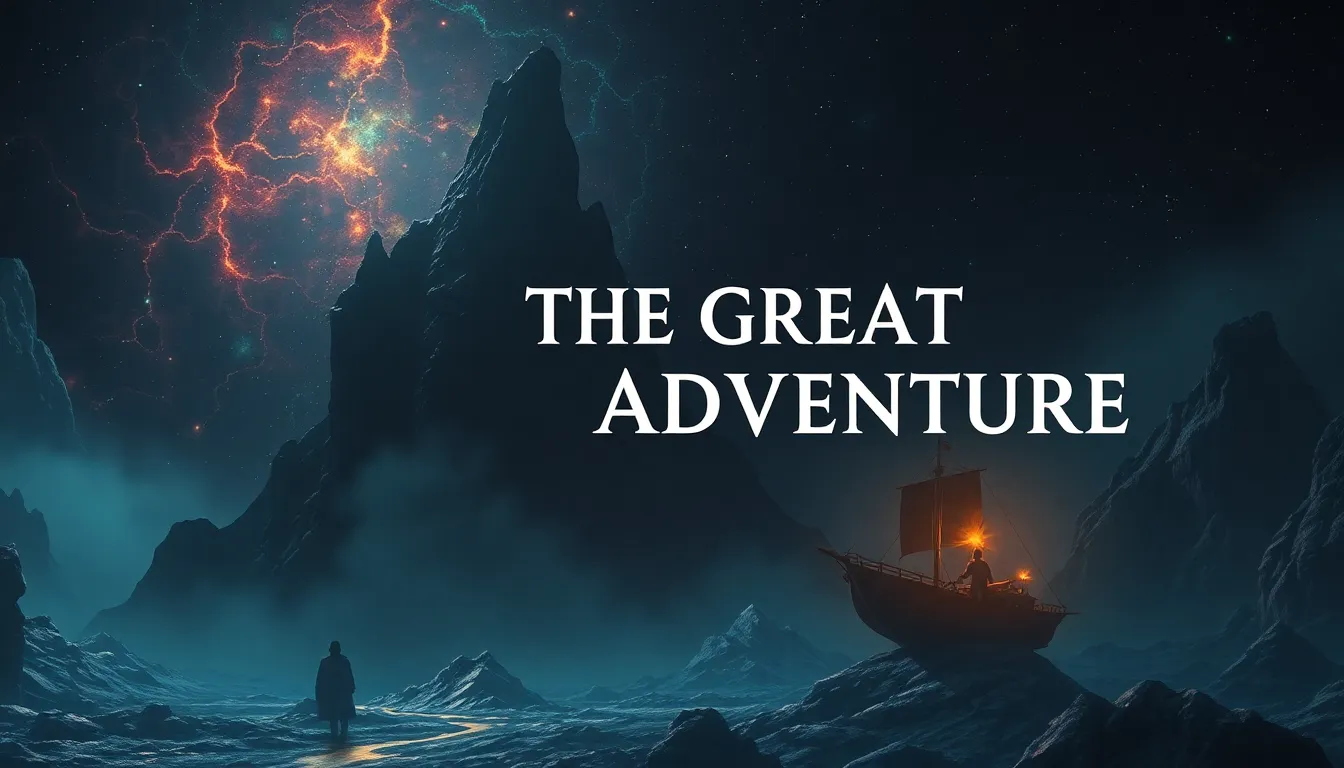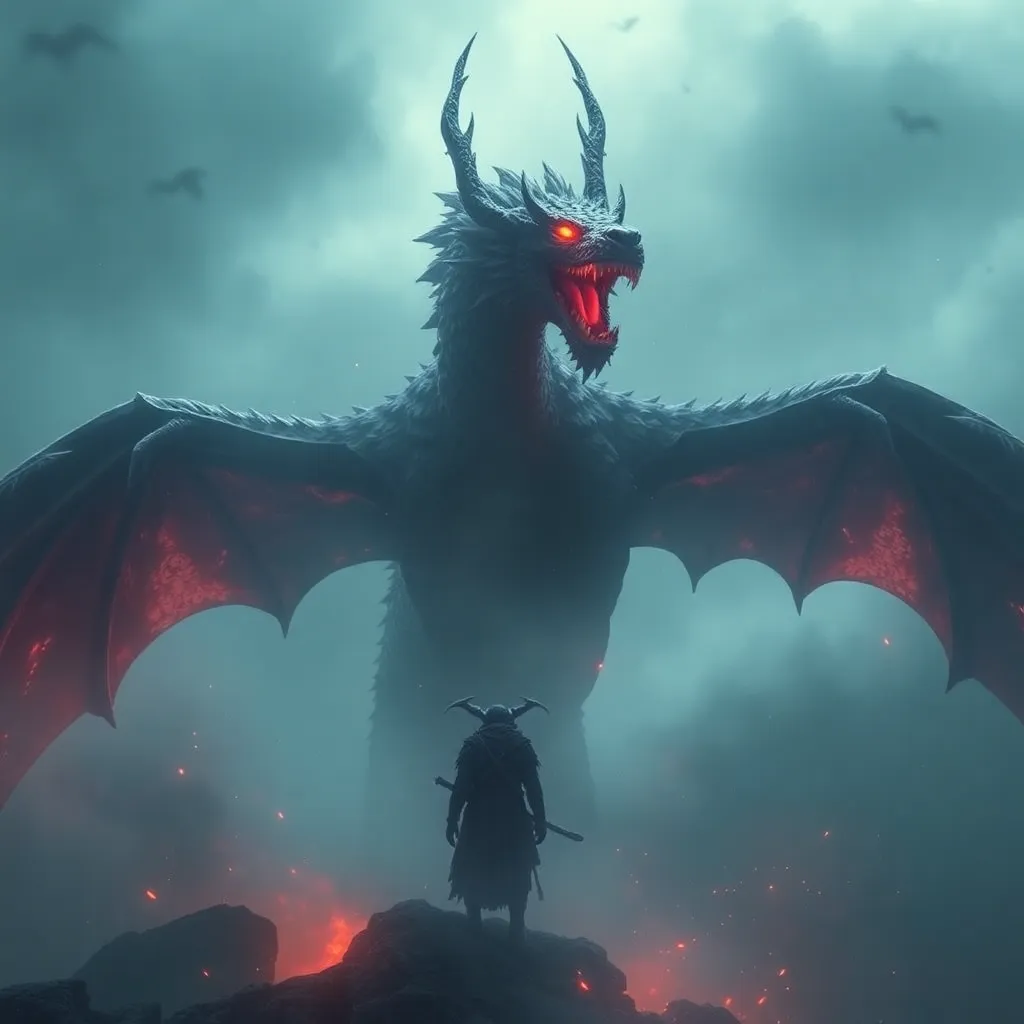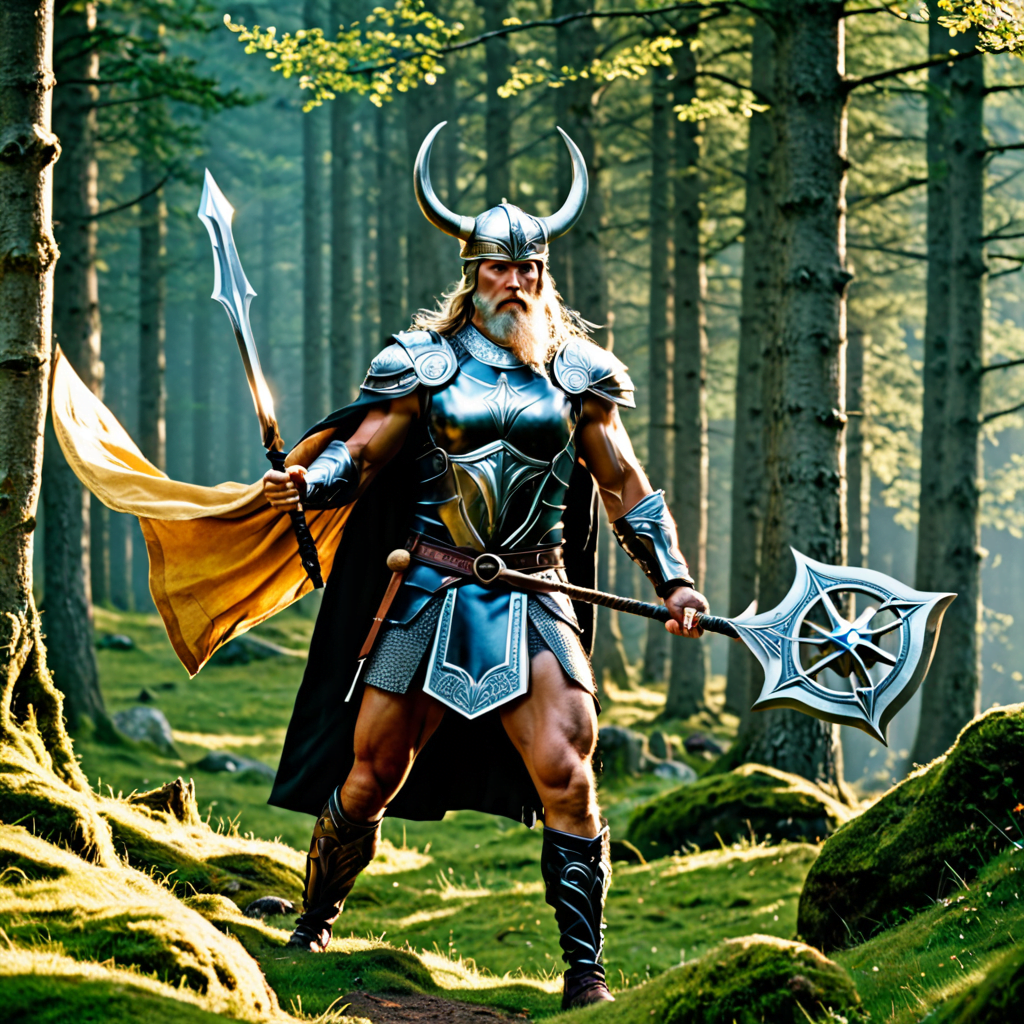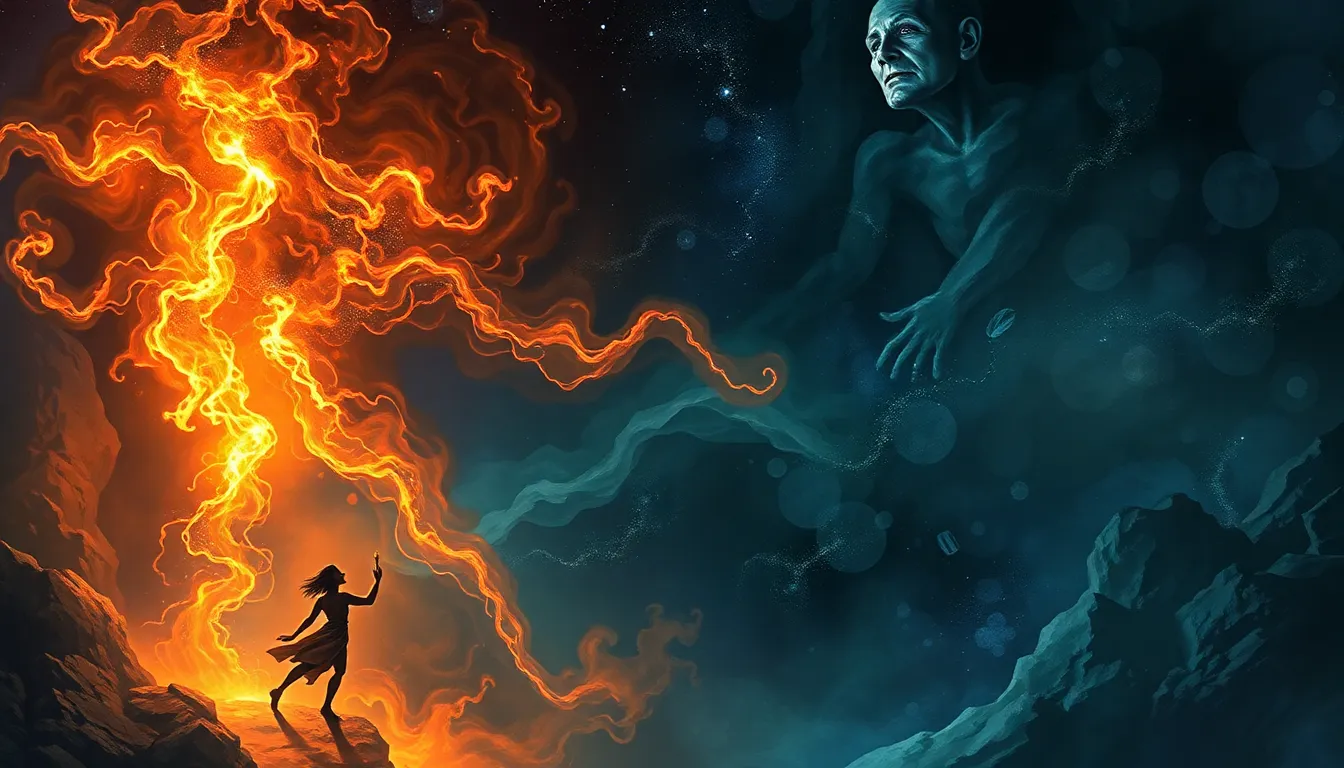The Great Adventure: Myths of Exploration and Discovery
I. Introduction to Exploration Myths
Exploration and discovery myths are narratives that have emerged throughout history, often surrounding the lives and adventures of well-known explorers. These myths can range from embellishments of their accomplishments to complete fabrications that glorify or vilify their actions. Understanding these myths is crucial, as they shape our perceptions of historical figures and the eras in which they lived.
Myths play a significant role in shaping national identities and cultural narratives. They provide a lens through which societies view their past and can influence contemporary views on exploration and discovery. This article will take you through the historical context of exploration, iconic figures, the role of myths in national identity, and the impacts of these narratives on indigenous cultures, all while debunking common misconceptions.
II. Historical Context of Exploration
A. The Age of Discovery: Key figures and timelines
The Age of Discovery, spanning from the late 15th century to the early 17th century, was marked by extensive exploration and the mapping of new territories. Key figures such as:
- Christopher Columbus (1492)
- Ferdinand Magellan (1519-1522)
- Vasco da Gama (1498)
- John Cabot (1497)
These explorers not only sought new trade routes but also aimed to expand their nations’ empires, leading to significant cultural exchanges and conflicts.
B. Cultural motivations behind exploration
Exploration was driven by various cultural motivations, including:
- Economic interests: The pursuit of gold, spices, and new markets.
- Religious zeal: The desire to spread Christianity and counter Islam.
- National pride: The race for supremacy among European powers.
C. The impact of colonialism on myth-making
Colonialism played a vital role in shaping exploration myths, often glorifying the achievements of explorers while downplaying the devastating effects on indigenous populations. This selective storytelling has led to a skewed understanding of history.
III. Iconic Explorers and Their Legends
A. Christopher Columbus: Hero or villain?
Christopher Columbus is often celebrated for his ‘discovery’ of the Americas in 1492. However, his legacy is complex and includes the subjugation and mistreatment of indigenous peoples. The myth of Columbus as a heroic figure is increasingly questioned in light of historical facts.
B. Marco Polo: The journey to the East
Marco Polo’s travels to Asia in the 13th century are romanticized in literature. His accounts of wealth and exotic cultures inspired future generations to explore the East, but questions remain regarding the accuracy of his narratives.
C. Ferdinand Magellan: Circumnavigating the globe and its implications
Ferdinand Magellan’s expedition marked the first successful circumnavigation of the Earth. His journey not only proved the world’s roundness but also opened new trade routes. However, it also led to the colonization and exploitation of various regions.
IV. The Role of Myth in Shaping National Identity
A. Myths of exploration as national narratives
Exploration myths often serve as national narratives, reinforcing a sense of identity and purpose. They can unify people around a shared history, albeit one that may overlook darker aspects of that history.
B. Case studies: The United States and Manifest Destiny
In the United States, the concept of Manifest Destiny portrayed expansion as a divine right, justifying the displacement of Native Americans and the annexation of territories. This myth has had lasting effects on American identity.
C. How exploration myths influence modern national pride
Exploration myths continue to influence modern national pride, often celebrated in education, media, and public discourse, despite their historical inaccuracies.
V. The Romanticization of the Unknown
A. The allure of the uncharted territories
The idea of uncharted territories has long captivated human imagination, inspiring countless explorers and adventurers. This allure is often tied to the promise of discovery and the potential for glory.
B. Literature and art’s role in romanticizing exploration
Literature and art have played significant roles in romanticizing exploration. Works such as:
- Moby Dick by Herman Melville
- Heart of Darkness by Joseph Conrad
These pieces portray exploration as a journey into the unknown, often highlighting the struggle between civilization and savagery.
C. Examples of myths from literature
Literature often amplifies myths of exploration, presenting explorers as heroic figures overcoming insurmountable odds, regardless of the consequences of their actions on indigenous cultures.
VI. Indigenous Perspectives on Exploration Myths
A. The impact of exploration on indigenous cultures
Exploration had profound impacts on indigenous cultures, often leading to their displacement, cultural erasure, and suffering. The narratives surrounding these explorers frequently ignore these consequences.
B. Reassessing myths from the perspective of indigenous peoples
Reassessing these myths from indigenous perspectives reveals a more complex and often painful history, challenging the glorified narratives that dominate mainstream discourse.
C. Case studies: The myths surrounding specific regions and tribes
Specific regions and tribes have their own stories, often contrasting sharply with the dominant narratives, emphasizing resilience and survival rather than conquest.
VII. The Science of Exploration: Myth vs. Reality
A. Advances in technology and their effects on exploration myths
Technological advancements, such as satellite imaging and GPS, have changed the landscape of exploration, allowing for more accurate mapping and understanding of previously unknown regions.
B. The role of cartography and mapping in shaping perceptions
Cartography has historically influenced perceptions of exploration, often reflecting the biases of the cartographers. Maps can glorify certain narratives while omitting others.
C. Uncovering the truths behind famous myths (e.g., El Dorado)
Myths such as El Dorado have captured imaginations, but upon closer examination, reveal the consequences of such pursuits on indigenous populations and ecosystems.
VIII. Modern Explorations and the Evolution of Myths
A. Contemporary explorers and their narratives
Modern explorers continue to craft narratives around their journeys, often leveraging technology and social media to share their experiences with a global audience.
B. The role of social media and documentaries in shaping new myths
Social media and documentaries have democratized the storytelling process, allowing for diverse voices to contribute to narratives around exploration, although they can also perpetuate myths.
C. Challenges in the age of globalization and information
In today’s globalized world, the challenge lies in discerning fact from myth, as information spreads rapidly and can be easily manipulated.
IX. Debunking Common Myths of Exploration
A. Myths versus historical facts: A critical analysis
It is crucial to critically analyze the myths surrounding exploration, contrasting them with historical facts to provide a more accurate representation of events.
B. The importance of questioning established narratives
Questioning established narratives allows for a deeper understanding of history, encouraging a more inclusive approach to storytelling that recognizes the voices of all affected parties.
C. Educational initiatives to promote historical accuracy
Educational initiatives that focus on historical accuracy can help reshape perceptions of exploration, fostering a more nuanced understanding of the past.
X. Conclusion: The Legacy of Exploration Myths
In summary, exploration myths have played a significant role in shaping historical narratives, national identities, and cultural perceptions. While they can inspire and unite, these myths also often overlook the complexities and consequences of exploration.
The ongoing relevance of these myths in contemporary society calls for critical engagement and a willingness to challenge established narratives. As we continue to explore our world, it is essential to recognize the stories that have been silenced and to honor the legacies of those who have been impacted by exploration.
Ultimately, the journey of exploration is not only about discovering new lands but also about understanding the interconnectedness of humanity and the legacies we leave behind.



